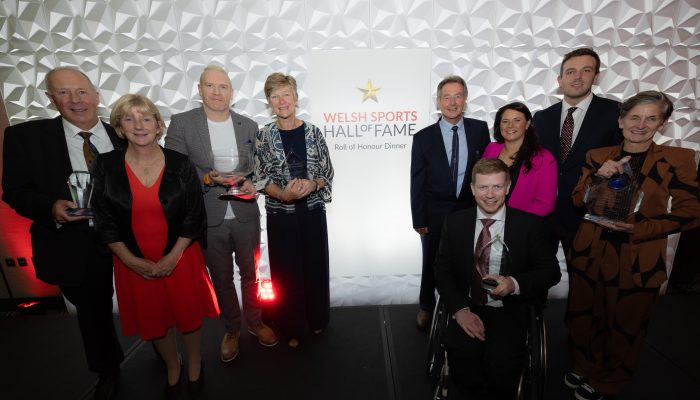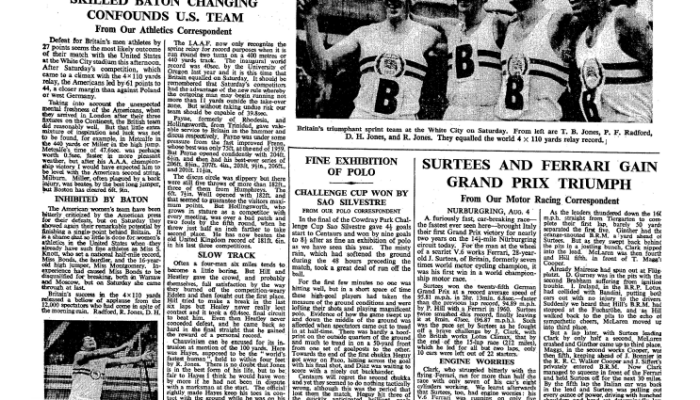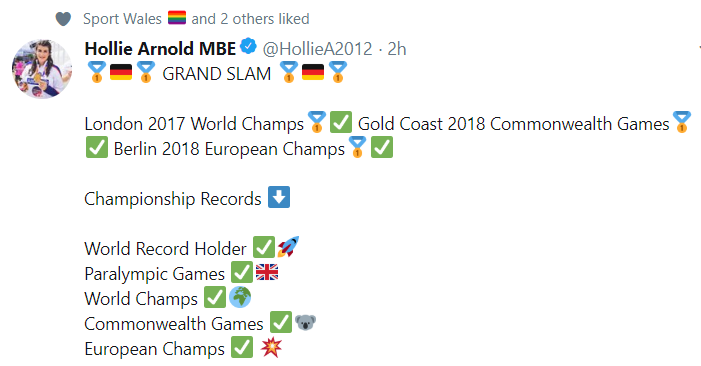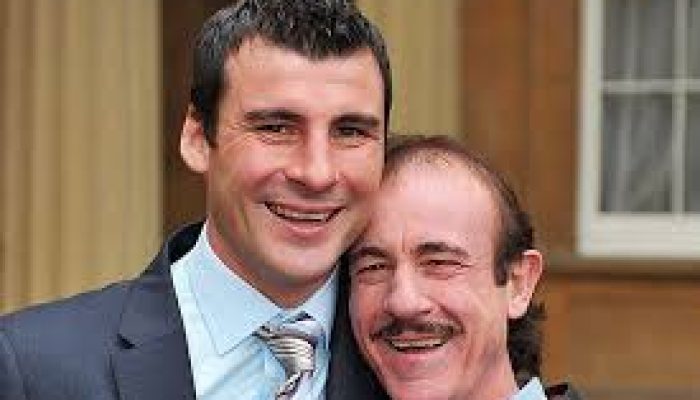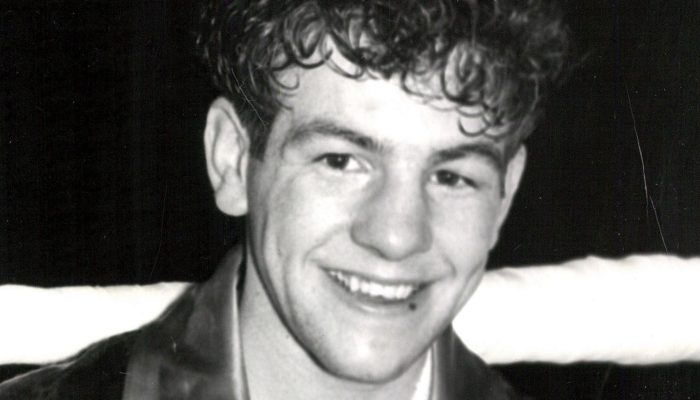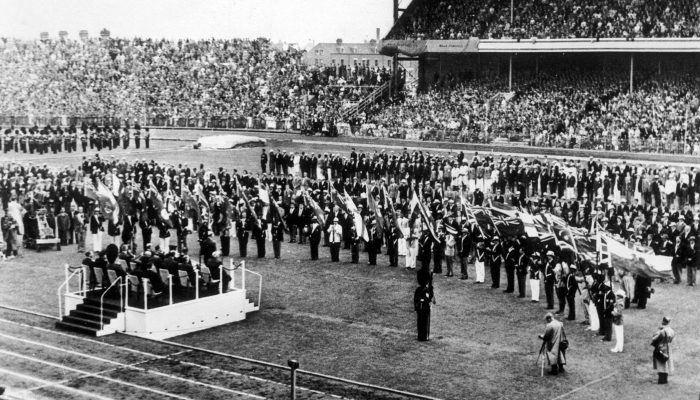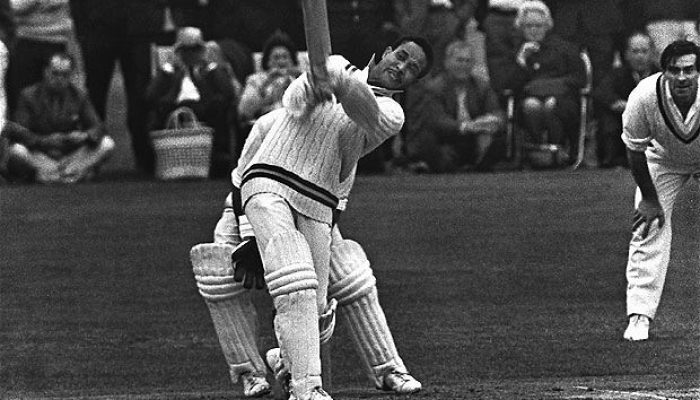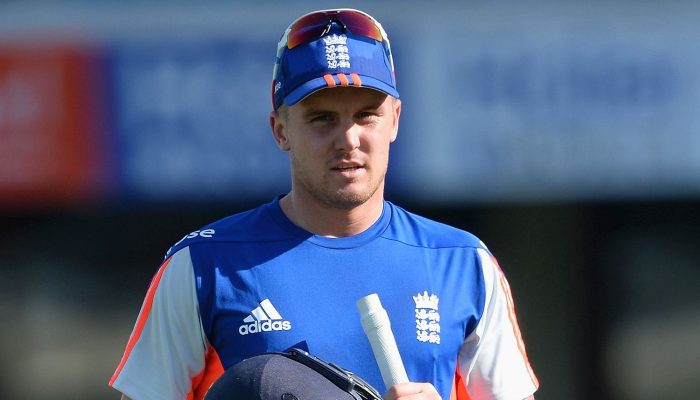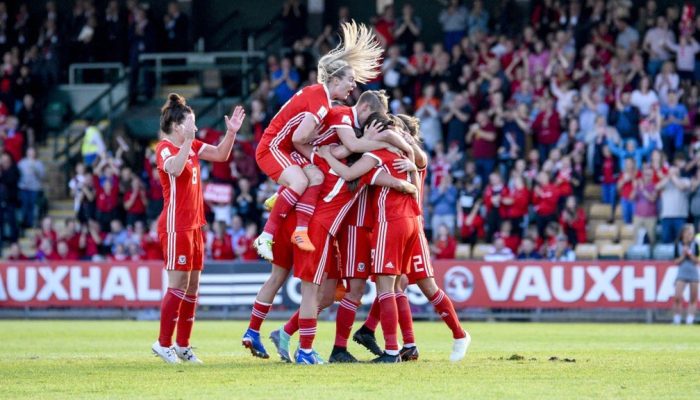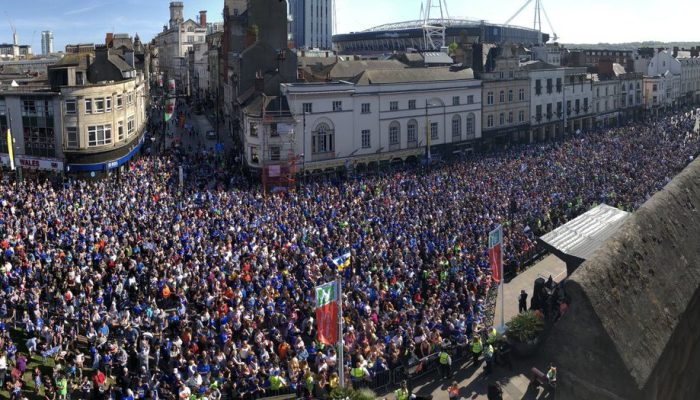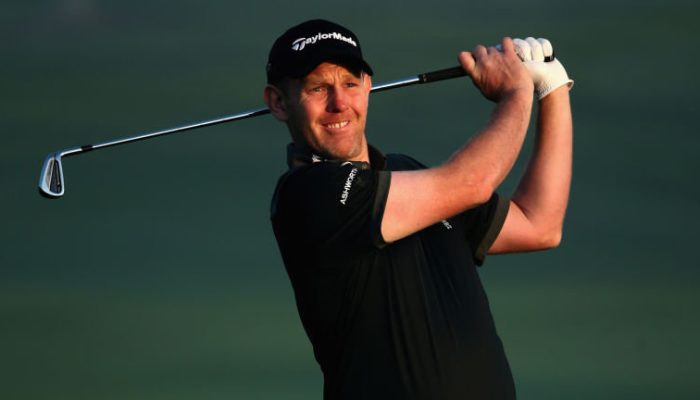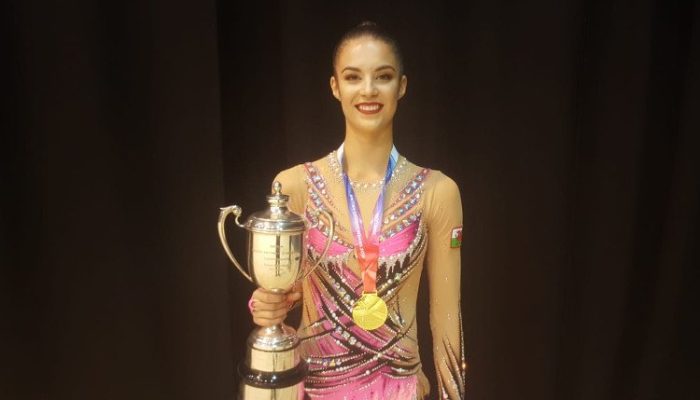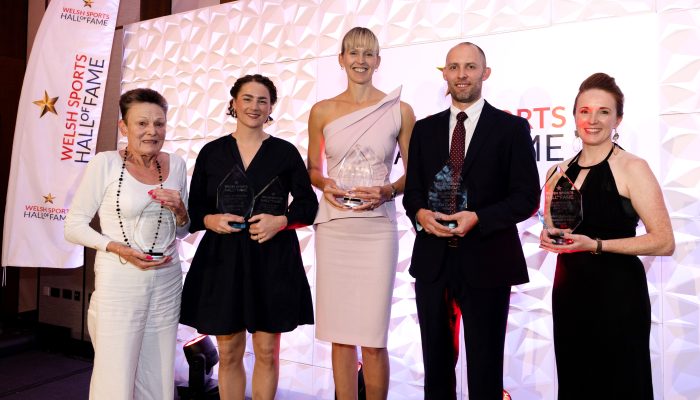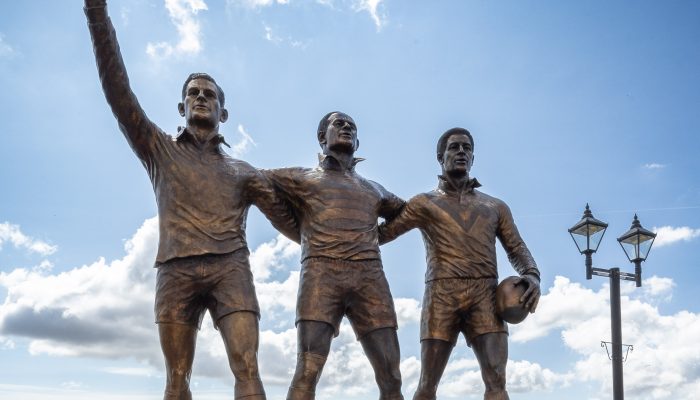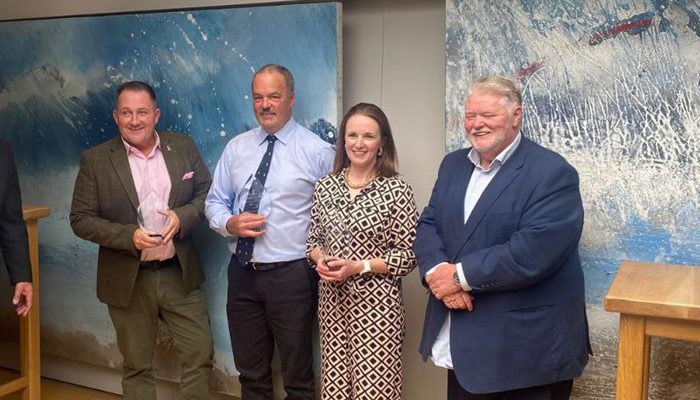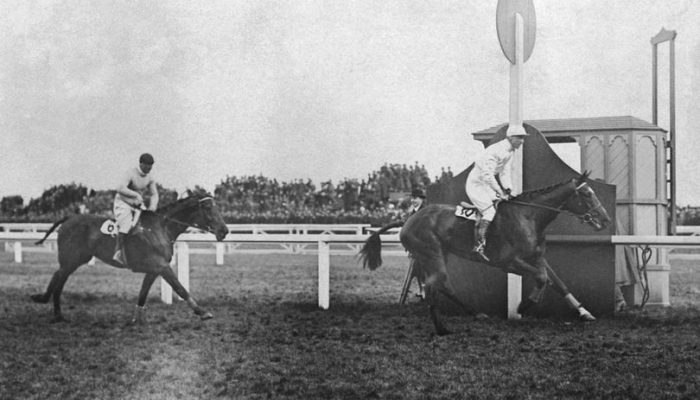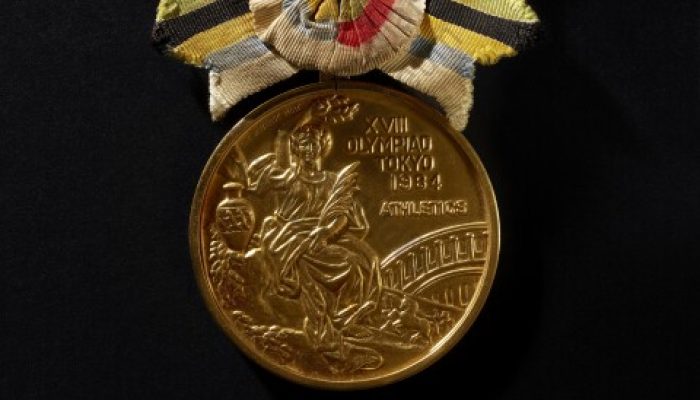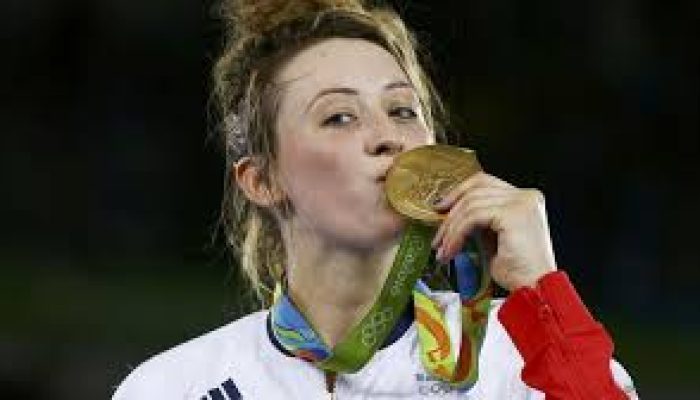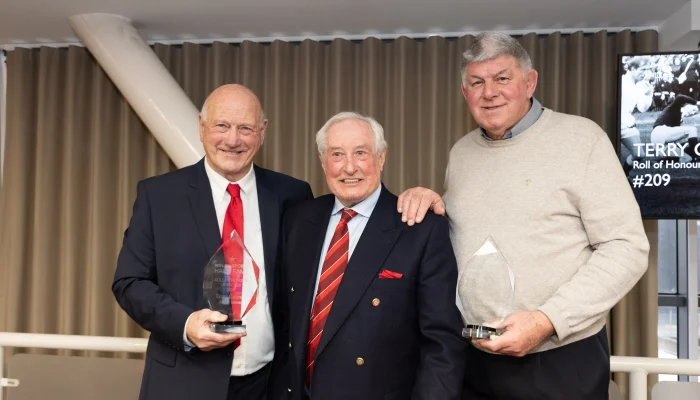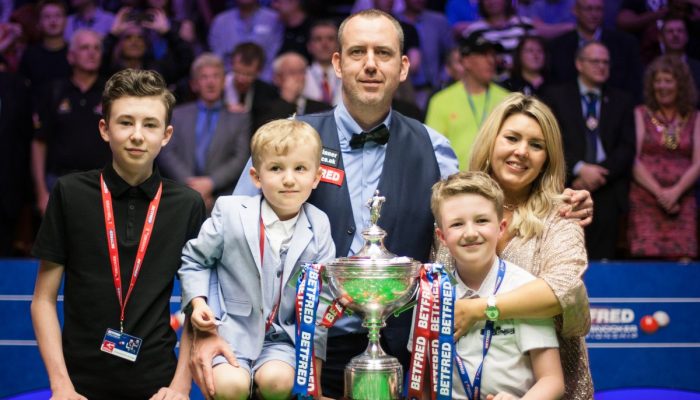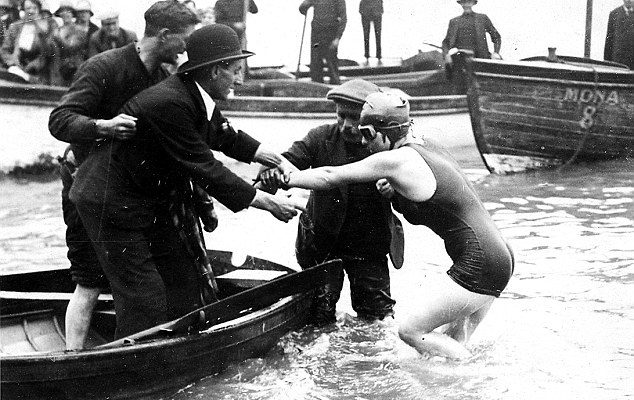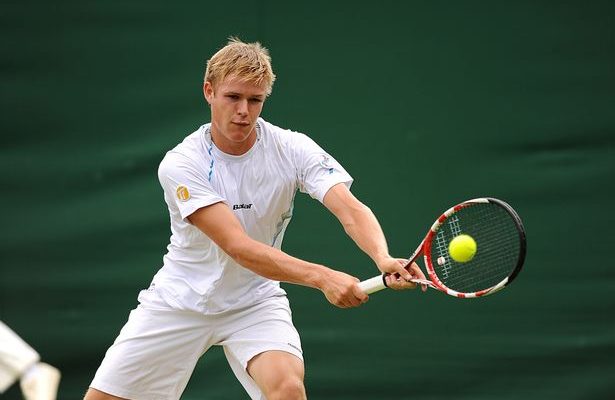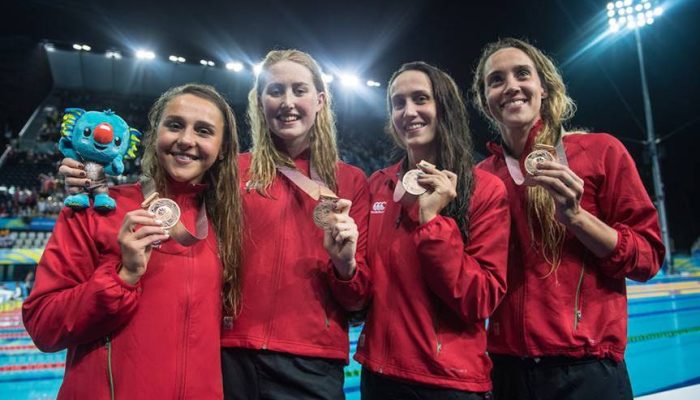
Commonwealth Games success highlights need for team approach in Wales
The exceptional teamwork that has brought success at the Commonwealth Games needs to be replicated across community sport to get more people participating regularly, says Sport Wales CEO Sarah Powell.
Unprecedented overseas success placed Team Wales 7th on the overall medal table. The 36-medal haul equalled the record number of medals won in Glasgow in 2014, while the 10 gold medals equalled the Welsh record from Auckland in 1990.
“The Welsh athletes have made Wales proud,” said Powell. “They have been a great source of inspiration and I want to congratulate each and every one of them, alongside the national governing bodies and the support staff. Particular praise and recognition must go to Team Wales for all their work over many years to prepare for the Games.”
“I’ve been stuck by the commitment, desire and team spirit of the athletes and the pride they have in wearing the red vest of Wales.
“They have produced moments that will live long in the memory and raised the bar for high performance sport in Wales. We have taken a different approach in Wales; we have not directed investment on a formula based on medal targets, we have invested in enabling those with the potential to be able to perform at their very best. We have invested in a wide range of sports and worked closely together to put in place all the ingredients for the athletes and support staff to thrive at the Commonwealth Games.
“We have also invested heavily into our communities at a grassroots level, ensuring the foundations for sports participation is as wide and as full as possible. When you are a small nation you need to ensure every ounce of talent is found and nurtured.”
Funding from the National Lottery and Welsh Government, and partnerships with Welsh universities to look at innovative solutions are among the other key cogs that have led to the collective success on the Gold Coast.
The role of community sport is also vital in giving the first experience and enjoyment of sport. Over a number of years, focus has been on the development of pathways from community sport through to high performance.
“There were two performances that really struck me. The first was in the velodrome when Elinor Barker won gold in the points race in a clinical display of world-class track cycling alongside her two Welsh teammates. The strength of working as a team to achieve a great result,” added Powell.
“Secondly, Non Stanford’s ‘never give up’ attitude in the very first competition of the Games. Her attitude was to try and inspire her teammates and be a role model to help her team be a success.
“Over the last few months we’ve been asking people what the challenges and opportunities are for sport in Wales. The message we hear loud and clear is this: for Welsh sport to achieve even greater results in the future at both high performance and community level it will be through teamwork and perseverance.
“Although the feedback has focused on the sport sector’s role, it is clear how using the analogy from the cycling – around committing to a clear goal, working together, and expending the same drive and investment – we can deliver great things.
“The benefits for Wales in terms of a more active and healthy nation could be transformational for a generation of people.”
Sport Wales has published a blueprint for sport in Wales, following the four-month national conversation. The draft vision for sport is open for consultation until the end of April.
The Vision for Sport in Wales and Summary of Feedback can be found at www.sport.wales/mywelshsport.
Comments can be made online by:
Email – [email protected]
Writing to Sport Wales at The Conversation, Sport Wales, Sophia Gardens, Cardiff, CF11 9SW
Telephone – 0300 300 3119

